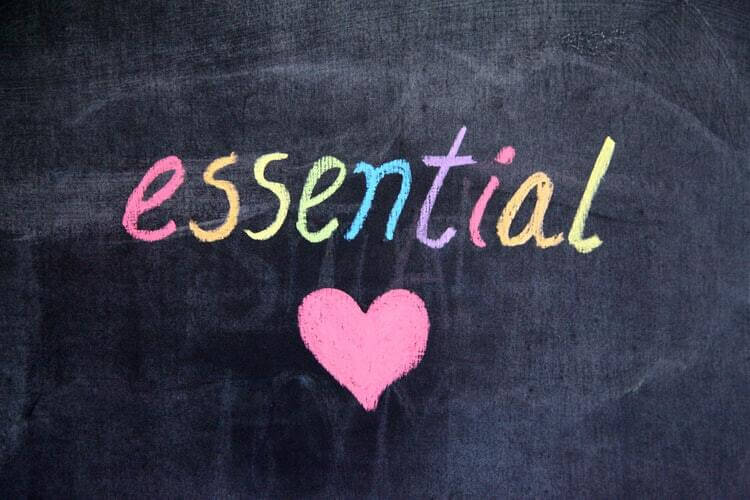With most US states lifting stay-at-home orders months ago and the country’s coronavirus fatalities passing 160,000, the case for pandemic lock-downs now seems to be common sense. In Europe, 85-90 percent of Europeans supported the March lock-downs. In the USA, 74 percent wanted a national lock-down, while 72 percent of Victorians support the Andrews government’s current restrictions.
Even so, a recent study by UK-based economists seeks to make the case that the lives saved do not justify the economic cost of the lock-down. The study has been circulating in the News Corporation media and has become part of a campaign, including the likes of Alan Jones, attacking the lock-downs.
To argue their case, the researchers use a figure of £30,000 per “quality-of-life year” saved. The number is apparently taken from the UK’s National Health Service (NHS) policies as a guide to efficient use of funding. So far, each Covid-19 death has caused an average 10.1 life years lost, based on average mortality by age and gender.
On that basis, saving 50,000 lives amounts to a “benefit” of £15.15bn. Saving the 510,000 lives that experts predicted in March would be lost without action would be worth £154bn.
In the study, these figures are then set against various estimates of GDP loss, including the Bank of England’s May 2020 prediction of a 14 percent loss for the calendar year. Based on £2.2 trillion GDP, this amounts to roughly £310bn.
In other words, shutting down the economy for three months is about as bad as losing 10.3 million life-years, or 1.02 million Covid-19 deaths.

So what does this ridiculous attempt at equating money with lives prove? First and foremost, social policy isn’t about maximising GDP.
Second, public health is majorly underfunded. Most people are willing to support much greater impositions on their bank accounts, and their freedoms, than public health services currently require.
Third, using GDP to measure the generalised “economic cost” to the population is deceptive. The exact number varies by country, but in the Western world roughly half of annual GDP goes to the richest 10 percent of households. Thus, in the UK the lock-down cost the wealthiest 10 percent approximately £105bn.
While the cost falls mainly to the rich, Covid-19 disproportionately affects minorities and people with chronic health conditions, which affect poorer people more frequently. All of this together explains why the debate over locking down to contain the pandemic has become a class issue.